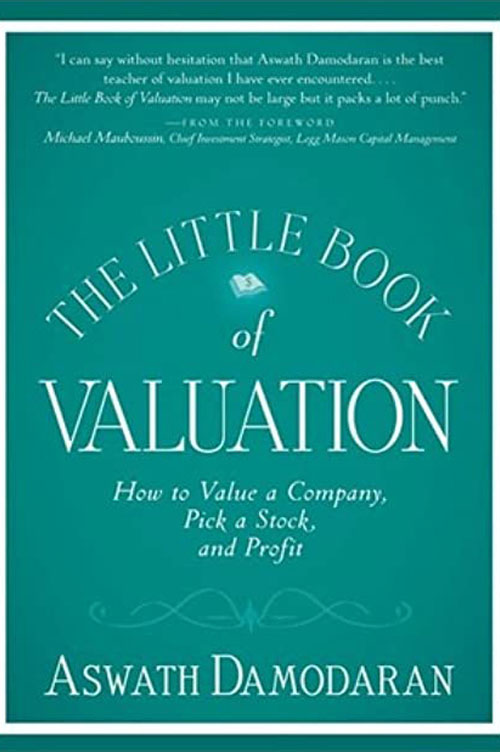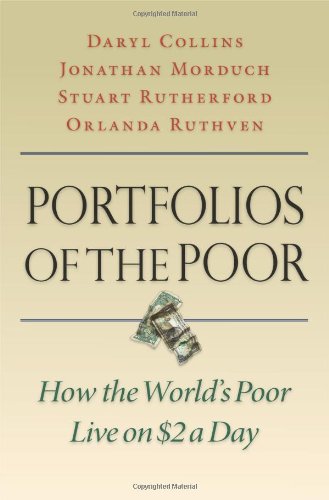Meaning
To hedge means to safeguard. In finance, it means to protect against risks.
A hedge fund (also known as funds of funds) is an alternative investment strategy, in which large amount of funds are collected from accredited investors like banks, institutions, insurance companies, High Net Worth Individuals (HNIs) and families.
Compared to other investments, hedge funds are considered to be more aggressive in nature and contains high risks. These funds function as private investment partnerships or overseas investment corporations.
Investment on Hedge fund are only accessible to accredited investors, and requires less SEC regulations compared to other investment funds.
Hedge funds holds money in both long and short stocks strategies and are designed in such a way to generate higher returns whether the market is good or bad. Also known as hedging the market. Advertising Hedge Funds to the public is prohibited.
In India, Hedge fund industry is relatively young. It got a green signal from SEBI (Securities and Exchange Board of India) in 2012 when it allowed alternative investments funds (AIF).
Regulatory Requirements:
Hedge funds face little regulation from the SEBI (Securities Exchange Board of India) compared to other investment vehicles.
It does not require to be registered with SEBI or to disclose their NAVs at the end of the day. Because hedge funds mainly take money from accredited investors or qualified investors—high-net-worth individuals who meet requirements to invest in those funds. However some funds can also operate with non-accredited investors.
Who are eligible to invest in Hedge Funds?
Hedge funds are highly costlier as they are privately managed by experts. They are affordable only to wealthier individuals. An investor with surplus funds, ready to take higher risk can go for hedge funds investment.
A wealthier investor must pass either an “accredited investor” test or a “qualified purchase” test. It can also be an entity with assets exceeding $ 5 million.
{An Accredited Investor is someone whose net worth (single person not combined) exceeds $1 million or an annual income of over $200,000 maintained for the previous two years. For married couples, the combined income has to be $300,000 annually.}
According to government regulation, in India hedge fund managers can only accept maximum of 35 non-accredited investors to any given partnership. And should be a known person to the fund manager (like friends and families).
What returns can investors get from Hedge Funds?
It is difficult to generalise the potential return on hedge funds investment. Whether or not, the profit level depends on the decisions taken by fund manager rather than current market conditions.
Structure of Hedge Funds
- Fund manager/s uses money of accredited investors to invest in securities like stocks, mutual funds, real estate, food, currencies, art etc. according to the fund’s goal.
- (Optional) They can also leverage other funds like borrowed funds in attempt to increase returns (but which can also increase risks as well).
- At last both parties, fund manager and investor deal with “2 and 20” fee structure contract.
What is a “2 and 20” fee structure?
Generally Hedge funds operate on a “2 and 20” manager compensation scheme, meaning that the fund manager will get 2% of the assets and an incentive fees of 20% of the profit every year.
Note – If the hedge fund didn’t make expected (target) profit that year, the fund manager will still get his 2% of the invested assets.
For example, suppose a fund manager got a client to invest $1 million. He then Setup a fund securities according to the client’s goal. As per fee structure, the fund manager would get 2% of the invested assets ($20,000) no matter what – and, if the fund strategy works well and fund manager was able to double the amount to $2 million, the manager will receive additional 20% ($4,00,000) of the total amount (20% of $2 million).
Different Types/Strategies of Hedge Funds
1) Macro Hedge Fund
Macro hedge funds is an investment in stocks, bonds, options, futures, and sometimes currencies hoping that may be the value of currency change in near future because of factors like global trade, interests rates, or policies.
2) Equity (Long/Short) Hedge Fund
This fund attempts to hedge against declines in equity markets by investing in stocks or stock indices and later shorting them (if they’re overvalued).
Here fund manager’s strategy is to invest in undervalued stocks and splitting the large amount in long stocks while shorting the other stocks.
3) Relative Value Arbitrage Hedge Fund
In these type, fund manager buy securities that are expected to increase while simultaneously selling short a similar security (like a stock/bond of a different company in the same sector) that is expected to decrease in value.
4) Distressed Hedge Fund
This fund can help a (soon to bankrupt) company to turn themselves into healthier company by buying some of their securities (like bonds that have lost value in the company due to instability in business) in hopes that they will increase in future.
Or, fund manager could also buy cheap bonds thinking that it will grow soon (within one year). It completely depends on fund manager’s strategy thus, these bets covers very high risk and the investor can lose all his money this is the reason it is called as distressed funds.
5) Merger Arbitrage
This strategy involves purchasing and of stocks of two merging companies to create less risky portfolio.
6) Global Macro
This strategy involves holding of stocks based on overall economic and political views of various countries. This includes holding of short and long positions in equity, fixed income, currencies, commodities and future markets.
7) Volatility Arbitrage
This strategy includes investment in options and other derivative contracts.
It attempts to create profit from the difference between the forecasted future price- volatility of an asset (like stocks) and implied volatility of options based on that asset.
8) Convertible Bond Arbitrage
In this type, funds are invested in long and short positions in a convertible bond and its underlying stock. The fund manager hopes profit from the movement of market as funds are equally hedge in between short and long positions.
9) Fund of funds Approach
This strategy involves mixing of funds with other hedge funds and pooled investment vehicles. It aims to provide a more stable long-term investment. Risk, ROI and volatility can be controlled in this funds easily.
Features of Hedge Funds
1) High Net-Worth Investors
Only qualified or accredited investors can invest in hedge funds. Investments are only applicable to high net worth individuals (HNIs), investment banks, insurance companies, endowments and pension funds. The minimum ticket size required to invest in hedge funds is Rs 1 crore.
2) Diverse Portfolio
Hedge funds have a comprehensive portfolio of investments ranging from currencies, derivatives, stocks, real estates, equities, and bonds.
3) Higher Fees
Hedge funds has ‘Two and Twenty’ fee contract. Meaning it is mandatory to pay 2% fixed fee to the fund manager and 20% of profits.
In India, hedge funds management fee can well below 2% to 1%. And the profit sharing varies 10% to 15% generally.
4) Higher Risks
Hedge funds investment strategy has huge risk. A wrong fund strategy can expose to a big loss for an investor. Also Lock-in period for investment is relatively long. Leverage can turn investments into a significant loss.
5) Taxation
The Category III AIF (hedge funds) is still not given pass-through status on tax. This implies that income from these funds is taxable at the investment fund level.
Hence, the tax obligation will not pass through to the unit-holders.
6) Regulations
Hedge funds investment does not required to be registered with securities markets regulator (in India, SEBI) and also no reporting requirements to be done including regular disclosure of Net Asset Values (NAV).
Reference
- https://www.investopedia.com/articles/investing/102113/what-are-hedge-funds
- https://www.thestreet.com/personal-finance/what-is-a-hedge-fund-14662109
- https://economictimes.indiatimes.com/definition/Hedge-fund
- https://www.thebalance.com/what-is-a-hedge-fund-357524
- https://cleartax.in/s/hedge-funds
- https://groww.in/p/hedge-funds/
- https://www.hedgefundmarketing.org/hedge-fund-definition/
- https://www.syndicateroom.com/alternative-investments/hedge-funds




